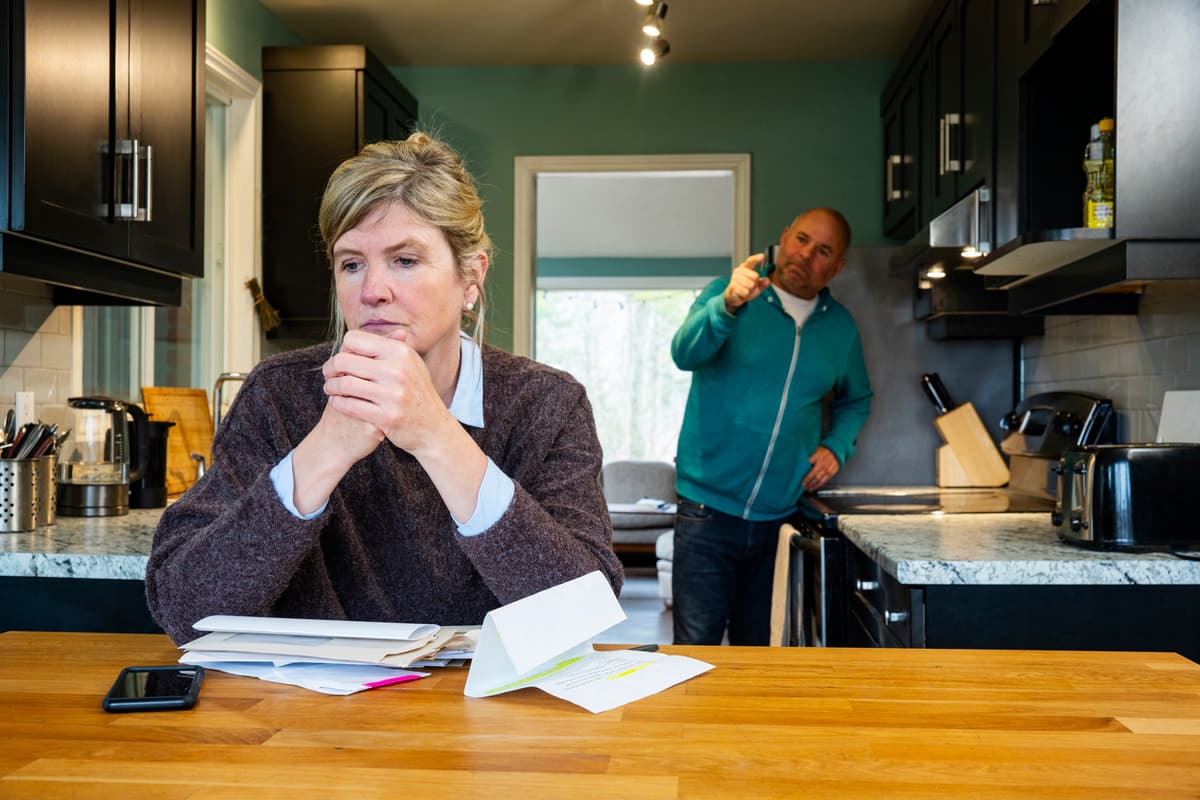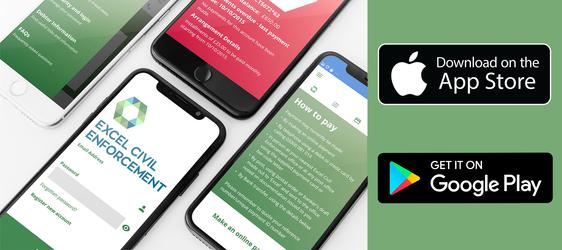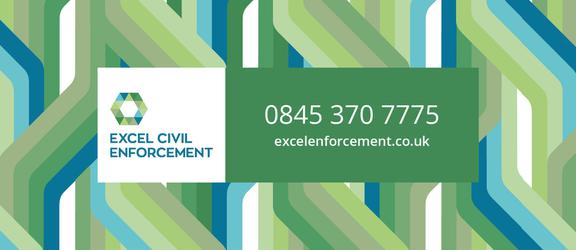Economic domestic abuse

Domestic abuse is not just physical violence, it can take many forms, including economic abuse. Abusers may restrict, exploit and sabotage their partner’s access to money and other resources. This is economic abuse, and it is designed to limit someone’s freedom.
Economic abuse is a legally acknowledged form of domestic abuse and is defined in the Domestic Abuse Act 2021. This type of abuse often occurs in the environment of intimate partner violence and involves the control of a partner or ex-partner’s money and finances, as well as the things that money can buy.
An online study by Surviving Economic Abuse Org shows that 1 in 6 women in the UK have experienced economic abuse by a current or former partner.
What does economic abuse entail?
Economic domestic abuse can include applying control over one’s income, bank accounts, spending, bills and borrowing. It can also include controlling access to and use of things like transport and technology, which allow us to work and stay connected, as well as property and daily essentials like food and clothing. On the more violent and physical spectrum, it can also include destroying items and damaging property.
This type of abuse is controlling behaviour and is otherwise known as coercive control. Even if a person leaves their abusive situation, it can still continue long after leaving and can have lifelong effects.
What is coercive control?
Economic domestic abuse is commonly experienced within a pattern of behaviour known as coercive control. Coercive control is a pattern of assault, threats, humiliation and intimidation or other abuse that someone uses to frighten, harm or punish their victim.
Coercive control is at the core of all ongoing abuse, it is the systematic pattern of a perpetrator’s behaviour towards their victim. Its purpose is to disempower a victim’s self-esteem, self-worth, and independence, creating isolation and barriers to support.
What is the link between financial and economic abuse?
The concept of financial abuse is commonly acknowledged worldwide. People often use the terms economic abuse and financial abuse interchangeably since they involve similar behaviours. Financial abuse includes things like stealing someone’s money or coercing someone into debt through forcing them to take out loans and credit cards for the abuser, then being left responsible. However, economic abuse is much broader, and does not only concern finances, but includes the restriction and control over food, transport and accommodation.
There are many ways an abuser might control someone’s economic resources. Some examples include controlling the use of property like a phone or car, preventing them from education or limiting their working hours, giving them an allowance or dictating what they can buy. Economic abuse limits victim’s choices and abilities to access appropriate safety. It rarely happens in isolation and usually occurs alongside other aspects of abuse.
Excel’s welfare team
The internal welfare team at Excel Civil Enforcement are alert for economic domestic abuse when considering the potential for vulnerability of the customer in debt.
Speak to someone
We encourage victims of abuse to speak to someone – please see details below for the National Domestic Abuse Helpline - and explain their situation. There are solutions and pathways available online and via telephone to help overcome the very serious issue that is economic domestic abuse.
Useful links
Am I in an abusive relationship? – Women’s Aid
Surviving economic abuse – A guide
National Domestic Abuse Helpline - 0808 2000 247



